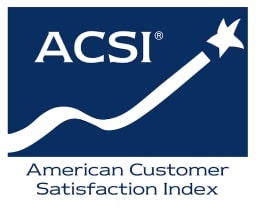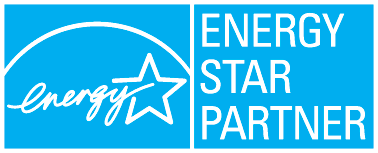In this day and age, there are dishonest people who try to make their livings obtaining people’s private information. According to the Federal Trade Commission, (FTC) the top fraud of 2020 was imposter scams. And the phone was the primary method scammers used to reach out and try to touch someone’s personal info. Unfortunately, electric cooperative and utility customers are sometimes targets.
Receiving a call threatening to cut off power if you don’t provide payment information can cause people to make decisions without thinking the situation through. We’re here to give you the 411 on what to look out for and what to do if you receive a call from someone claiming to be from GVEC.
Be Aware
Your first line of defense against scammers posing as GVEC representatives is to quite simply be aware these types of scams exist. Knowing that unscrupulous people are out there preying on unsuspecting individuals can help you act with caution if you receive a phony phone call.
It’s also important to know GVEC will not call to demand payment to avoid service disconnection. Mailed late notices, automated reminder calls, and texts or email reminders (if you’ve signed up for them) are used to contact our members regarding outstanding balances.
They Could Seem Legit
Scammers will often use phrasing that sounds well-founded or specific to your account or circumstances. They can even spoof phone numbers to appear as if the call is coming from a local or GVEC phone number. Be extremely careful about giving any information—especially bank account, credit card or social security numbers—without being 100% positive you know to whom you are speaking.
Don’t Panic
A method scammers sometimes use is creating a false sense of urgency—like telling you your power will be disconnected if payment is not received right away. They hope to cause enough worry to get you to react with panic instead of caution.
Take a moment to process what the caller is telling you. If you believe the call could be legitimate, but aren’t positive, tell them you’ll call them back. Then you can contact GVEC (800.223.4832) and speak to a representative who will verify your account information and if the call really came from GVEC.
Scams May Reach Beyond Phone Calls
Beware of suspicious emails or even personal contact as well.
Don’t click on any links in emails with similar demands for payment or that may claim you need to update account or email information. Clicking on the links could download harmful malware if opened. The best way to confirm this is to give us a call.
Also, look out for imposters that may come to your home to demand immediate payment to prevent service disconnection. GVEC representatives or servicemen are never tasked with past-due bill collection duties. Close your door and call us.
Report Suspicious Activity
Even if you receive an outlandish call from someone claiming to be affiliated with GVEC, feel positive it’s a sham and hang up on them, we ask that you still call to let us know. It’s likely you’re not the only GVEC member being targeted. Informing us of suspicious calls, emails or visits allows us to warn other members of dubious activity to be aware of and may help them not fall for these scams.
You can also report this type of fraudulent activity to the FTC online at reportfraud.ftc.gov.
The safety of our customers is a priority we take seriously at GVEC. We’re here for you. This includes helping to protect your privacy. If you ever receive calls you’re uncertain of or raise concern, call 800.223.4832 to let us know.



